|
2/12/2016 0 Comments New Review for 'The World to Come'''The World to Come, edited by Patrick West and Om Prakash Dwivedi, is a collection of 21 short stories written by authors from across the globe. It features a diverse set of themes that range from love to the apocalypse. The stories are incredibly creative and thought-provoking, and offer a glimpse into people’s differing perspectives on what the future holds for the human race.''
Read the rest of this review: here Watch the trailer: here Buy the book: here
0 Comments
The First Fold When the decahedral box defeats me, I look through the box-making instruction book for something easier. I’d planned to make this decahedral box for my geometry tutor, to reflect our multiple dimensions. I’d fill it with chocolates, to thank him for mysterious words like vertex. Using models made from dowel, he pulls triangles from squares and reflects squares into triangles. I could kiss his feet from awe. You don’t obey these strange compulsions. Resisting impulse is what makes us or unmakes us, depending on your philosophy. Pinwheels are lovely for storing teabags. Use Japanese rice papers; gold cranes on aqua lakes, a repeat of violet fans on a translucent parchment ground, red dragons, that sort of thing. Try for a smooth curved line when making cylindrical boxes for bottles and neckties, and remember to push the end of the pleats into the first fold. (Ah, the first fold. The first container is the womb, where we make our first folds. The second container is the life. We make our lives outside the womb. We enfold ourselves like babushka dolls. We enfold. And we unfold. And then we fold up, into the final box known as the coffin.) The paper blossom is suitable for presenting candy. The folds make an eight pointed star and look like a celestial diagram. Fold forward along broken lines. Suck slender straws of striped sweetness straight from the blossom. A book-style box has many uses. Choose vintage orange, put lettering in a sixties font, or move on to making steampunk boxes from leather and brass. Design your own book covers! The artist still matters! None of my boxes will ever be finished because my folded curves are inexact, and unrepeatable. I lack patience, I am sanguine, I am as rubbish at making paper boxes as I am at learning geometry. Containment, boundary, structure, shape: these make something out of tangible and intangible things. I also want to say, who cares about the packaging? It’s what’s inside that counts. 12/17/2015 1 Comment Competition Winner Announced!Congratulations to Charlotte!
Charlotte got all the quiz questions right, and made her Dad send them in just in time for the deadline... well done Charlotte, and I hope you enjoy the art work by xoum's talented cover designer, Roy Chen! I think it's a beautiful image of Irina and Durrell embarking on an adventure, riding through the snow on their way to the Crystal Sea.... "Irina's elation grew. She embraced her father, said goodbye, then climbed onto Durrell's back and pushed her gloved hands into his fur. Astride the mighty wolf, she gave King Harmon such a radiant smile that he had to smile in return. Irina put her head down and the pair sped off, leaving tracks in the white snow, Amicus flying high above." p 67 Irina and The White Wolf. 12/8/2015 2 Comments When the wise woman shows up...--- Raizel ---I remember vividly writing about Irina's first encounter with Raizel, the old wise-woman of the South. As in many fairytales, the crone is there at the beginning, when Irina is a baby... but I really felt Raizel's power when Irina meets her in the forest. Running through my mind was the word 'interest' -- Raizel has a deep and profound interest in Irina. The wolf-girl is being looked on by wise and ancient eyes, and she is both warmed by it, and in awe of it. To hold the interest of someone older, who poseses a profound intelligence, can be quite an experience:
"There, behind the hare, was an old crone. Her skin was as withered as a fallen apple...and she wore a floor length wrap made of furs, and held a basket of stones over one arm. Her eyes were partly obscured by the folds of her eyelids, and they gleamed darkly, like wet stones in a river. The crone was studying Irina with such concentration that it seemed to pour from her in waves, wrapping Irina warmly and firmly. Irina had never seen the woman before, and yet she felt she had always known her. Instinctively, barely conscious of what she was doing, Irina knelt." p118, Irina The Wolf Queen. Have you ever had this kind of experience, this feeling of interest from an older person, a teacher, a mentor, or grandparent perhaps, someone who helped you grow into who you are? 12/1/2015 0 Comments Ever had an insane plan?The Ringwood Madonna |
| If you'd like to read the rest of The Ringwood Madonna, from the story collection Bearings, it's currently on sale for only $9:95! Click on stockists below: Booktopia Readings Affirm Press "Swann has ... the ability to see and sense things about human beings from original angles, make unexpected and illuminating comparisons and connections and to communicate the ways in which a humble domestic object or a passing gesture can become infused with significance." Kerryn Goldsworthy, The Sydney Morning Herald Like to read more reviews? click below http://www.leahswann.com/reviews.html |
11/28/2015 2 Comments
What would you do with a second life?
Would you run your 'second life' at the same time -- so that you could be a greens activist, or a pilot, or a spy -- and have adventures, and then return to your 'real' life?
And if there were no constraints, and you could live in another country, in another time, in another body, what would you choose?
The bees in David Malouf's Remembering Babylon.
"Suddenly there was the sound of a wind getting up in the grove, though she did not feel the touch of it, and before she could complete the breath she had taken, or expel it in a cry, the swarm was on her, thickening so fast about her that it was as if night had fallen, just like that, in a single cloud. She just had time to see her hands covered with plushy, alive fur gloves before her whole body crusted over and she was blazingly gathered into the single sound they made, the single mind.
Her own mind closed in on her. She lost all sense of where her feet might be, or her dreamy wrists, or whether she was still standing, as she had been a moment before, in the shadowy grove, or had been lifted from the face of the earth...
... You are our bride, her new and separate mind told her as it drummed and swayed above the earth. Ah, so that is it! They have smelled her sticky blood flow! They think it is honey. It is."
In a story I'm currently working on, a character gets stung to death by bees, and I remembered and re-read this exquisite piece of Malouf's prose.
What's one of your favourite moments from a book?
11/21/2015 1 Comment
On Dragons....
Dragons -- cliché or archetype?
When I was writing The Ragnor Trilogy, a dragon appeared in the story. I was not so much inventing -- the inventiveness comes later -- as transcribing the story I was seeing in my mind, a version of a bed time story I'd told my children. I never intended to write about a dragon... But there he was, the Venerated Dragon of the Narrowlands.
For the first two books, Irina The Wolf Queen and Irina and The White Wolf, no-one sees this Dragon. When I was writing the third volume it became clear that Irina would have to confront him... she is chained to a rock in his lair, and it’s a terrifying moment. But I did wonder, why am I writing about a dragon? Have dragons been reduced to clichés through overuse?
I kept writing, thinking that perhaps I'd replace the dragon with some monster of my own devising later; but when I was editing, I found that
nothing else could stand in for the Venerated Dragon. He was astonishing to me, he was real. Part of his reality was his deep falseness, his layers of lies. This made him a worthy foe for Irina, who has taken on 'the Junsong', Ragnor's creed of truth, as her own personal creed.
According to the late myth expert, Joseph Campbell, dragons are part of “the agony of spiritual growth.” The hero must cross threshold after threshold , conquering dragon after dragon, until “the stature of the divinity that he summons to his highest wish increases, until it subsumes the cosmos. Finally, the mind breaks the bounding sphere of the cosmos to a realization transcending all experiences of form ...”
A cliché is something that’s become hackneyed or trite. There’s nothing trite about a dragon. Children understand dragons; they know intuitively what they represent, and they have their own private dragons, real or imagined. This is the dragon’s archetypal power, and it transcends cliché. It’s good, even essential, to read that dragons can be slain. Storytelling shows us how we can become more truly our best selves.
Competition Closing Soon! Win this cover art canvas!1/ Who was in the painting that Vilmos brings to show Queen Chloe? 2/ What is the name of Vilmos's rat? 3/On Ragnor, is the realm of Pavel in the North, South, East or West? 4/Where do Prince Andor and King Niklas get trapped? 5/ What is the 'lost book' that outlines the creed of Ragnor? |
11/19/2015 0 Comments
Sienna's book report
When I read Sienna's book report on Irina The Wolf Queen (and saw her wonderful drawing) I was astonished -- she has...
Posted by Leah Swann - Writer on Tuesday, November 17, 2015
11/15/2015
Image versus Imagination.
Does a book's cover steal from us?
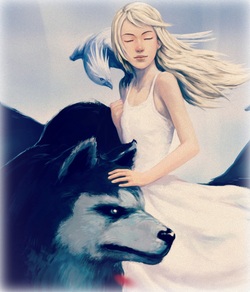
Do images steal from our imagination? Or do they inspire? When I was writing Irina The Wolf Queen, I described the appearance of some characters, but omitted details about Irina, and her friend, Prince Andor. My hope was that young readers would imagine them how they wanted; even project themselves into those characters.
And then, there came the book cover. Decisions had to be made. The designer drew Irina blonde, and the image was attractive and eyecatching enough, we hoped, for readers to choose it from the bookstore shelf. Commercial imperatives intruded on the pure innocence of imagining.
I still wonder whether it is possible to imagine Irina in some other way, or whether the cover has made that impossible? What do you think?
Comments (from Facebook discussion page, Leah Swann - Writer.)
Sharon Thompson: Stunning image. Yes, the competitive nature of the market place and the paucity of time (few long, leisurely, loiterings browsing in book shops today) demand work be represented visually and appeal instantly. Gosh, was there really a time before the internet???
Lachie Swann: Images steal from our imagination in the same way that in-articulation prevents us from shaping reality.
View 1 more reply
Leah Swann: Yes, both rob us of the chance to bring out something, however small, that is unique.
Joanne Kyrkilis: Unfortunately I think the image sticks. While I understand the commercial imperative...it does impose on our ability to imagine our own Irina and identify with her.
Anne Hadley: I think when we read no matter the cover our own imagination takes over The cover at first glance maybe important but as I read I confess I shape my own visions.
Leah Swann: Yes, I'm the same, but I find if I've seen the film of a book the actor tends take over from my imagined character.
Author
Welcome to my blog about writing, books, arts, ideas and events.
Archives
December 2020
May 2020
November 2019
April 2019
May 2017
October 2016
May 2016
February 2016
December 2015
November 2015
October 2015
June 2015
May 2015
April 2015
March 2015
December 2014
October 2014
September 2014
August 2014
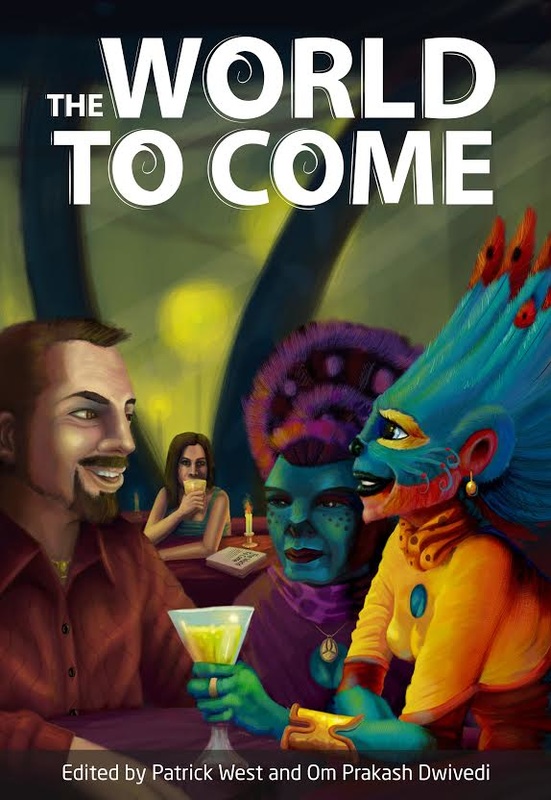

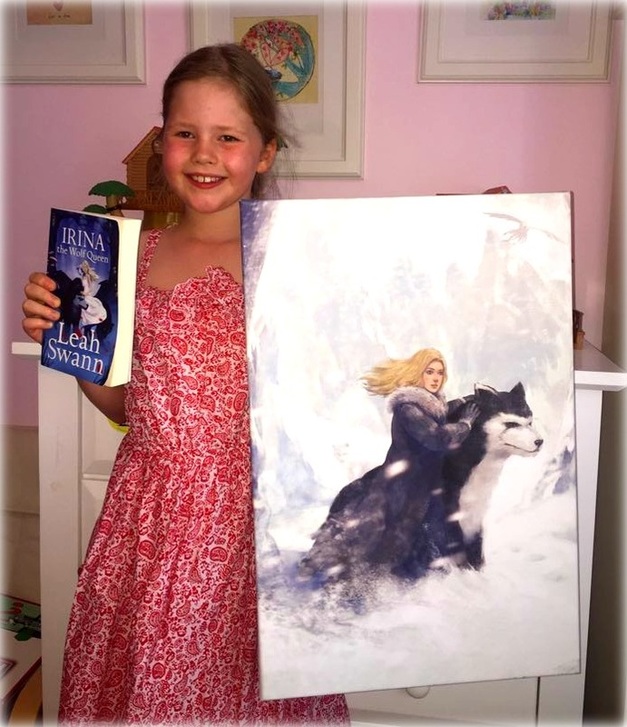
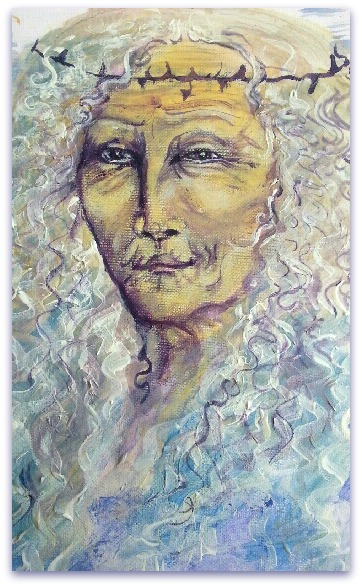

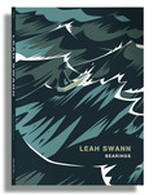
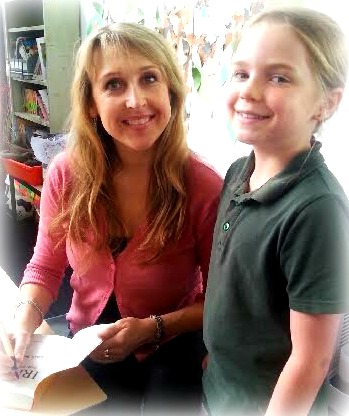

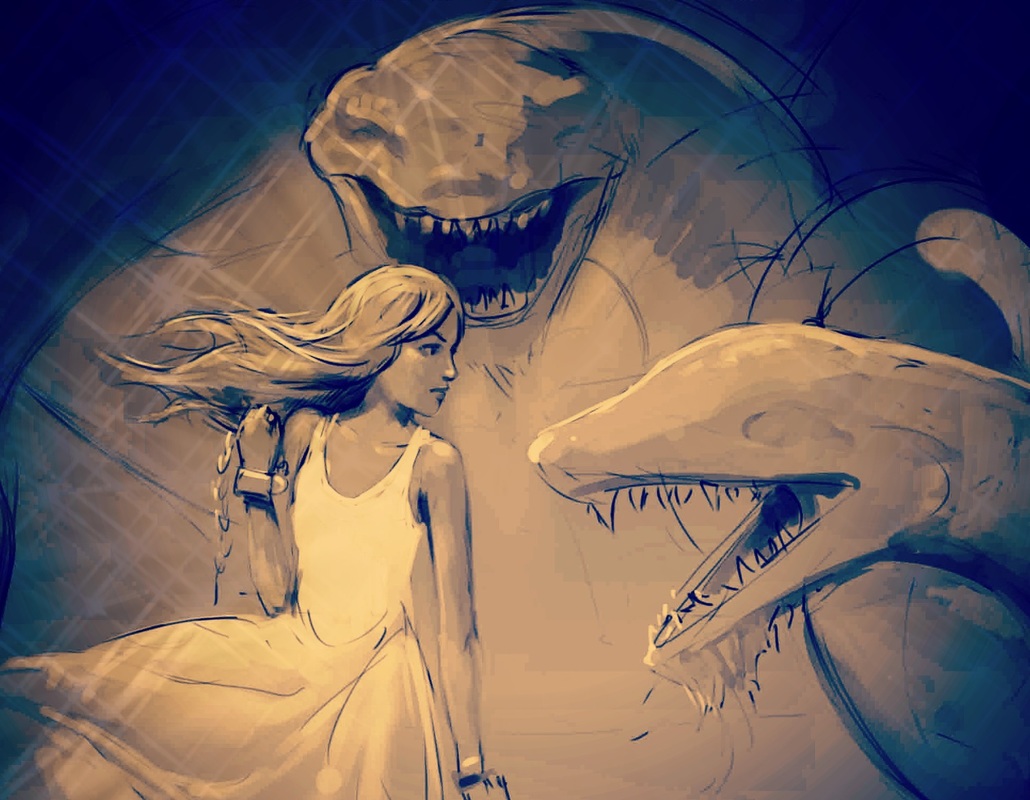
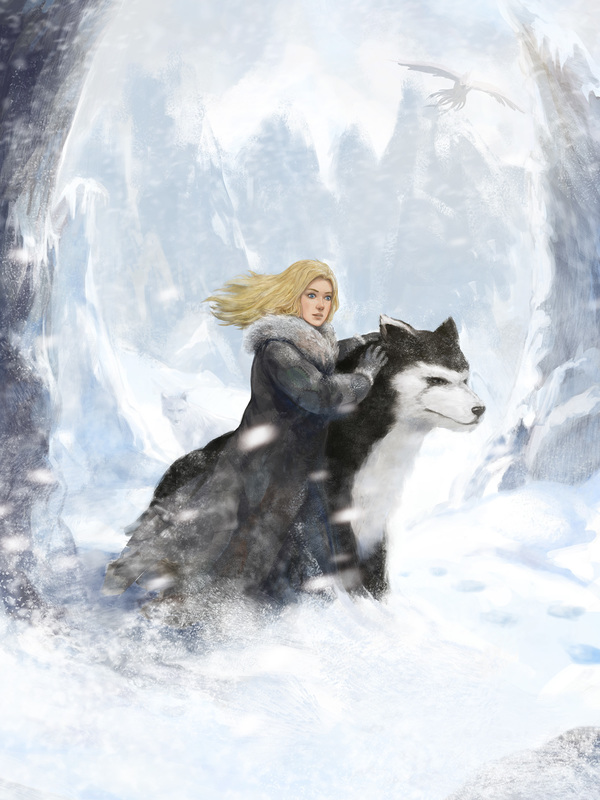

 RSS Feed
RSS Feed